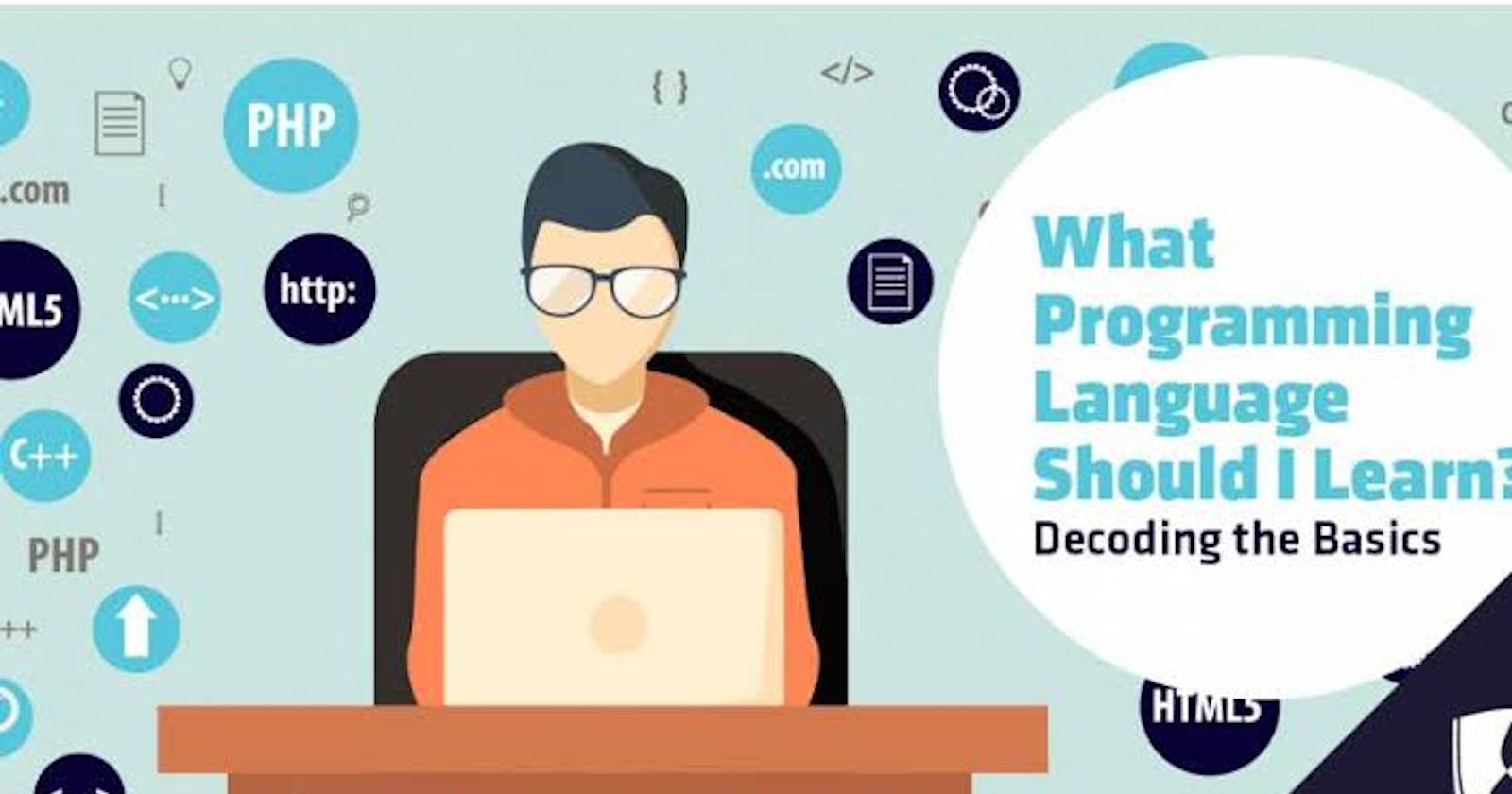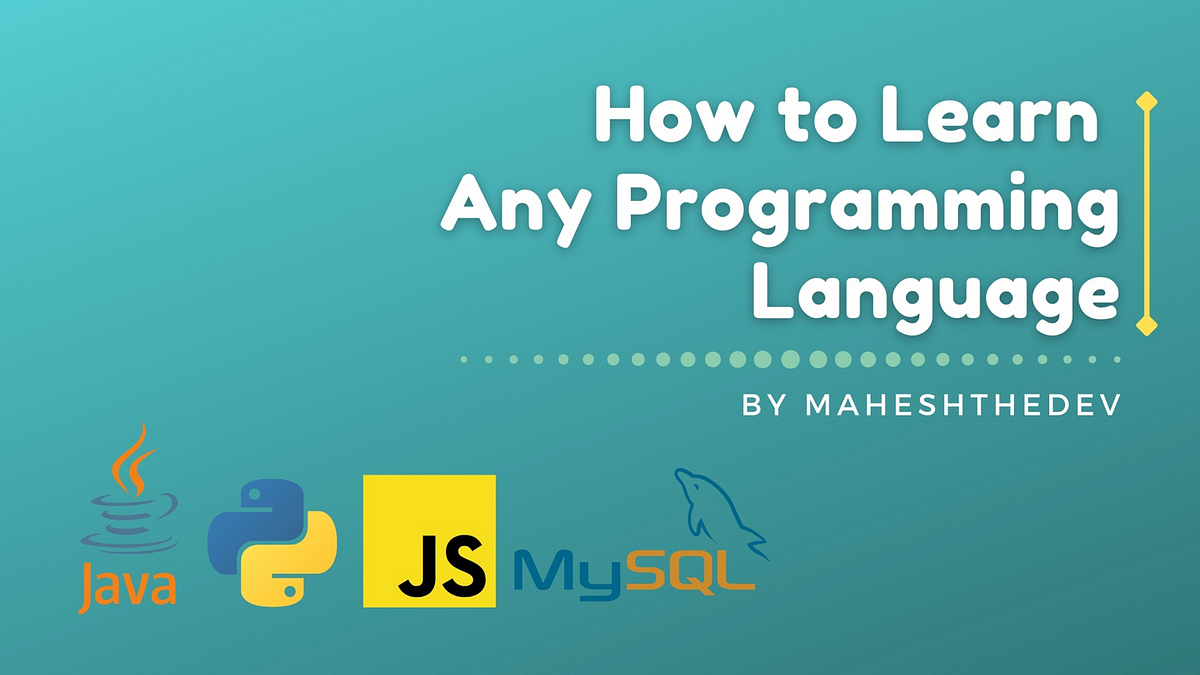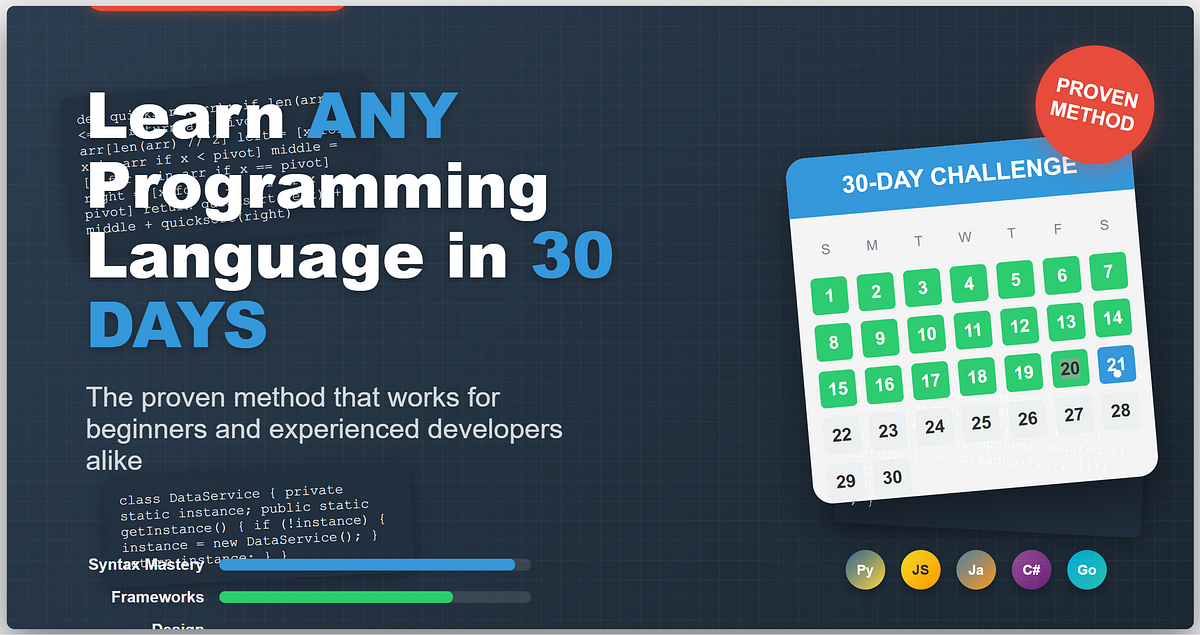How To Learn Any Programming Language

The digital age demands a versatile skillset, and proficiency in programming languages is increasingly valuable. Whether you aspire to build websites, analyze data, or develop applications, acquiring coding skills opens doors to numerous opportunities. But with a multitude of languages available, the prospect of learning one can seem daunting.
The key to successfully navigating the world of coding lies in a structured approach, understanding fundamental concepts, and consistent practice. This article breaks down the process into manageable steps, offering a roadmap for anyone eager to embark on their programming journey. Regardless of your background or technical expertise, these guidelines will help you effectively learn and master any programming language.
Choosing Your First Language
Selecting the right language to begin with is crucial. Popular choices for beginners include Python, known for its readability and versatility, and JavaScript, essential for front-end web development. Consider your goals: are you interested in web development, data science, or mobile app creation?
Research the languages commonly used in those fields and choose one that aligns with your interests. Websites like Stack Overflow and GitHub provide valuable insights into language popularity and community support.
Mastering the Fundamentals
Once you've chosen a language, focus on understanding the core concepts. These include variables, data types, control flow (if/else statements, loops), and functions. Online tutorials, interactive coding platforms like Codecademy and freeCodeCamp, and introductory textbooks are excellent resources.
Don't skip the basics! A strong foundation will make it easier to grasp more advanced topics later on. Practice writing small programs to solidify your understanding.
Utilizing Online Resources and Communities
The internet offers a wealth of resources for learning to code. Online courses on platforms like Coursera, Udemy, and edX provide structured learning paths. Take advantage of these resources.
Programming communities, such as Reddit's r/learnprogramming and Stack Overflow, offer a supportive environment for asking questions and sharing knowledge. Engage with these communities and learn from others' experiences.
The Importance of Consistent Practice
Learning to code is like learning a musical instrument: it requires consistent practice. Set aside dedicated time each day or week to work on coding projects. Start small and gradually increase the complexity of your projects.
Work on personal projects that genuinely interest you. This will keep you motivated and engaged in the learning process. Don't be afraid to experiment and try new things.
Embracing Challenges and Debugging
Debugging is an inevitable part of the coding process. When you encounter errors, don't get discouraged. Instead, treat them as learning opportunities.
Use debugging tools and techniques to identify the source of the problem. Search online for solutions and ask for help from online communities. The ability to effectively debug code is a valuable skill.
Building Projects and Portfolio
The best way to demonstrate your programming skills is to build a portfolio of projects. These projects can range from simple web applications to complex data analysis scripts. Showcase your work on platforms like GitHub.
A strong portfolio will significantly enhance your job prospects and demonstrate your ability to apply your knowledge to real-world problems. Contribute to open-source projects to gain experience and collaborate with other developers.
Staying Updated with Industry Trends
The field of programming is constantly evolving. New languages, frameworks, and tools emerge regularly. Stay informed about the latest industry trends by reading blogs, attending conferences, and following industry leaders on social media.
Continuous learning is essential for staying relevant and competitive in the job market. Consider pursuing certifications or advanced courses to deepen your knowledge.
The Human Element: A Personal Journey
For Sarah Chen, a recent graduate with a degree in History, the transition to coding seemed daunting. She started with Python, dedicating just 30 minutes each day to online tutorials. Within a few months, she had built a simple web application to track historical events.
“It wasn’t easy,” she admits, “but the sense of accomplishment after solving a problem was incredibly rewarding. Now, I’m pursuing a career in web development, something I never thought possible a year ago.” Her story highlights the power of perseverance and the accessibility of coding for individuals from diverse backgrounds.
Conclusion
Learning any programming language is a journey that requires dedication, persistence, and a structured approach. By choosing the right language, mastering the fundamentals, utilizing online resources, and consistently practicing, anyone can acquire valuable coding skills. Embrace the challenges, build a strong portfolio, and stay updated with industry trends to unlock the vast opportunities that programming offers.





![How To Learn Any Programming Language How to learn any Programming language [learn code easily] - YouTube](https://i.ytimg.com/vi/TZNTaYYXr4k/maxresdefault.jpg)












